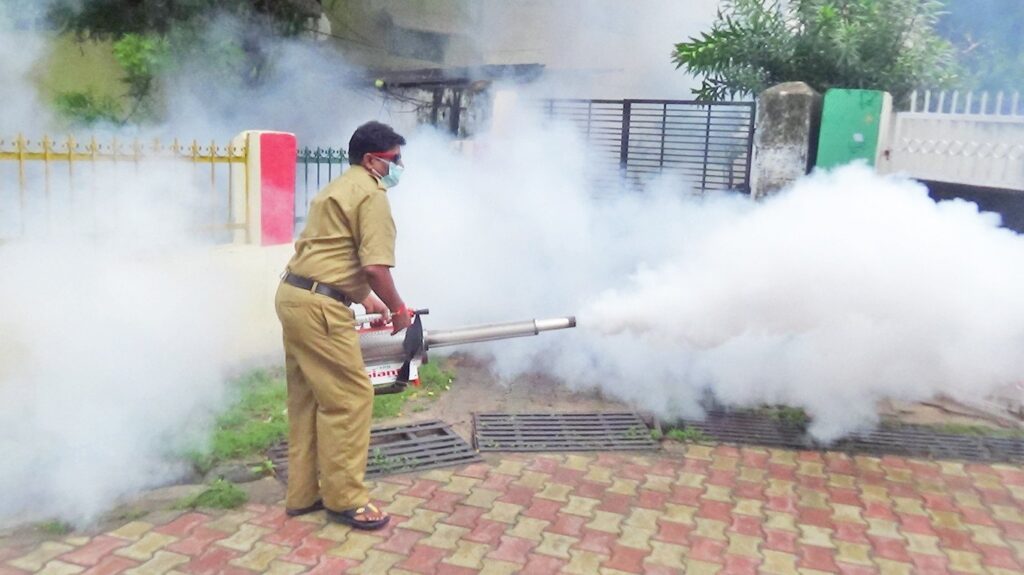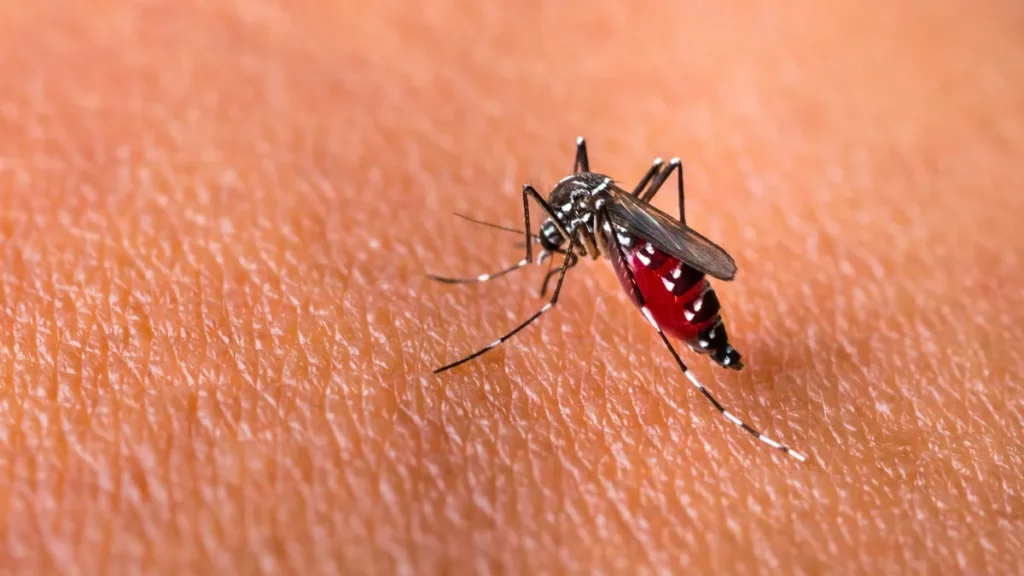Malaysia (Commonwealth Union)_ New study cautions that mosquitoes that spread dengue and other viruses have developed increasing resistance to insecticides in certain regions of Asia, and that new control methods are urgently required. Health officials normally fog mosquito-ridden regions with clouds of insecticide, and resistance has been a worry for years, as the cause of the problem remained unknown.
The Japanese scientist Shinji Kasai and his team analyzed mosquitoes from a number of Asian nations and Ghana and discovered that a series of mutations had made certain mosquitoes essentially resistant to common pyrethroid-based treatments such as permethrin. According to Kasai, over ninety percent of Aedes aegypti mosquitoes in Cambodia have a mix of mutations that leads to a very high degree of resistance. He discovered that certain mosquito strains exhibited 1,000-fold resistance, as opposed to the previous 100-fold resistance.
This means that insecticide concentrations that would ordinarily kill over 100 percent of mosquitoes in a sample killed just 7 percent of the insects. Even a dose 10 times greater was only able to kill 30% of the insects with extreme resistance. Historically, spraying has been an important way of pest management, but new alternatives are developing. According to Kasai, director of the Department of Medical Entomology at Japan’s National Institute of Infectious Diseases, the resistance level of mosquitoes in Cambodia and Vietnam is completely different.

According to the World Health Organization, dengue can cause hemorrhagic fever and can affect approximately 100 to 400 million people annually, but more than 80 percent of cases are mild or without symptoms. As a result, numerous dengue vaccinations and a bacterium that sterilizes mosquitoes have been developed to combat the illness. However, neither strategy is close to eliminating dengue, and Aedes aegypti mosquitoes also spread Zika and yellow fever.
In addition to Aedes aegypti, resistance was also identified in Aedes albopictus mosquitoes, but at lower levels. This may be because Aedes albopictus likes to feed outdoors, frequently on animals, and is therefore less exposed to insecticides compared to its Aedes aegypti counterparts. The study also discovered that several genetic alterations were identified to be associated with insecticide resistance, including two that occur near to the pyrethroid- and insecticide-targeted region of mosquitoes.
Resistance levels varied, with mosquitoes from Ghana, parts of Indonesia, and Taiwan remaining sensitive to current insecticides, especially at greater concentrations. However, according to Cameron Webb, an associate professor and mosquito researcher at the University of Sydney and NSW Health Pathology, the research indicates that frequently employed tactics may no longer be successful. Webb said, “There is growing evidence that there may not be a place for current insecticide formulations in controlling populations of key mosquito pests”.

According to him, new chemicals are necessary, but authorities and researchers must also consider alternative means of protecting populations, such as vaccinations. Kasai, whose findings was published in Science Advances last month, said, “We have to think about rotating insecticides… that have different target sites. The problem is that we don’t have so many different kinds that we can use”.
Other alternatives include increasing attempts to eliminate breeding habitats. The cause for mutations is still unknown. However, Kasai is now taking the research to other parts of Asia and analyzing more current samples from Cambodia and Vietnam to determine whether there have been any changes from the 2016-2019 study period. He concluded by saying, “We are worried that the mosquitoes with the mutations that we found in this study will spread to the rest of the world in the near future. Before that, we have to think of a solution.”








